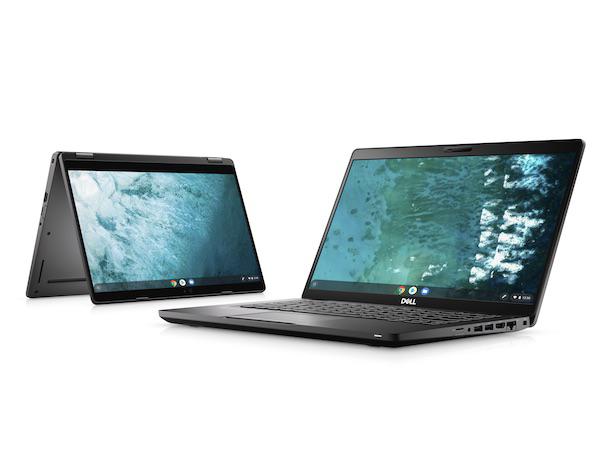Let’s take a look at five things you need to know before buying a Chromebook
When they initially came out, Chromebooks had a relatively rudimentary operating system called Chrome OS and were generally underpowered machines. Things today are really different.
These laptops compete head-to-head with Windows PCs in practically every way thanks to Google’s Pixel series and Chromebooks from Acer, HP, Samsung, Lenovo, and many other manufacturers.
Read on to learn the five things you need to know before choosing a Chromebook if you’re thinking about buying one of these excellent student computers.
1. CHECK TO SEE THAT THE APPS YOU USE ARE AVAILABLE
Check that any specialized programs you use are available on Chromebooks before purchasing because Chrome OS is based nearly entirely on the Chrome browser and consequently the Chrome Web Store.
Google has been working to introduce support for Android apps on Chromebooks, vastly expanding the library. It’s still something to keep in mind, however, especially if you plan on doing serious work on your Chromebook.
2. POWER OR NO POWER
As mentioned above, Chromebooks used to lack power, especially compared to something like the MacBook Air, and that’s fine: they’re cheap and cheerful laptops.
But increasingly, manufactures are choosing to pack more powerful Intel chips inside their Chromebooks, opening up new possibilities.
The HP Pro C640, our pick for the best premium Chromebook, can be configured with an Intel i7 chip and 16GB of RAM, more than enough oomph for most major tasks.
Not all Chromebooks are this advanced and so it’s worth checking the specs and ability to spec up your machine before buying, especially if your workflow demands something a little meatier.
3. GOOGLE SERVICES ARE KING
This one might sound obvious but if you’re not locked into Google’s services then a Chromebook is going to be a bit of a learning curve and faff.
Devout users of Microsoft services are best sticking with Windows (and the same for Apple), unless you’re willing to spend the time porting everything over.
Word and so on are available but at nowhere near the level of integration and ease as Google’s suite, which makes a lot of sense. It’s neither a good nor bad thing, just something to be wary of, especially if you live outside the Google bubble.
The big plus side is that almost all of Google’s services are free at the point of use, so you won’t be hit with any surprise charges.
4. NO GAMING, NO PROBLEM
Gaming… It’s not the forte of Chromebooks.
You might be thinking well, of course – which is totally fair – but at the same time, given you can get a Chromebook with an i7, it would be nice.
Steam is making its way onto Chromebooks sometime in the future, so keep your eyes peeled for that, but in the meantime there aren’t a lot of good options for the kind of AAA titles available on Windows.
One small caveat is that Android games, especially more casual ones, work pretty well on Chromebooks, so you can get at least part of your gaming fix.
5. THINGS WILL ONLY GET BETTER
Perhaps the best thing we can say about Chrome OS and Chromebooks is that the updates and iterations have made the platform and devices consistently better.
Google is always releasing new features and updates for Chrome OS and manufactures have been getting better at making laptops that don’t contain so many compromises.
It’s still not as fully featured as getting a Windows PC but you can count on the improvements over time being a lot better, especially outside of major updates to the OS.
Plus, all the updates download and install seamlessly, so there’s no need to keep on top of loads of different things.




